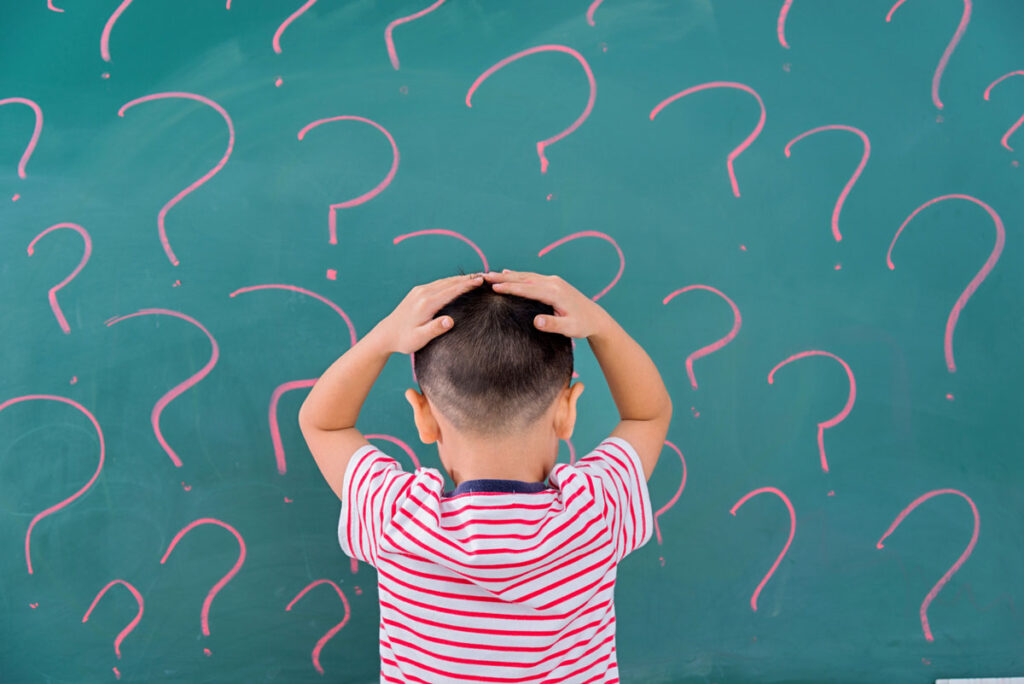
There is a saying that the pen is mightier than the sword. Words indeed have power. They can inspire good work and offer comfort and encouragement. They can also confuse and offend, sometimes unintentionally. Words are the best tool to express what we can’t see or touch–our dreams, aspirations, and feelings. Words are the glue that can bind us together. But they can also be hurtful and tear us apart.
We have more ways to communicate today than ever and can do so fast and efficiently. With so much of our discourse occurring on digital platforms where we don’t have the benefit of hearing the tone or seeing facial expressions, our words can land in ways we don’t expect with harsh consequences. Taking the time to measure our words and to think about how they might be interpreted will help you be a more effective communicator. Consider the following:
Words Meanings And Usage Changes Over Time.
Our language is continually evolving. The same words can carry different meanings depending on our context and personal and cultural experiences. Let’s look at the word “Awful.” Previously, the word meant full of awe, inspiring reverence or wonder. Today it means “terrible” or something bad.
Cultural and Generational Differences and Context
Cultural and generational backgrounds significantly shape how we interpret words. A term that’s accepted in one culture might be offensive in another. Directness, for example, is viewed positively in some cultures as honest whereas in others it is perceived as rude.
Every generation also has its interpretation of language. For GenZ, the word “lit” describes something awesome or wonderful while for a Boomer, if someone is lit, they are likely intoxicated. And some phrases, like “groovy” seem to be a throwback to another time. Understanding the differences in slang can help you overcome communication gaps. But be mindful of trying to adopt slang that you don’t understand and don’t use correctly. You’ll look silly at best and offensive at worst.
Personal Histories And Emotional Triggers
Our personal histories shape our emotional responses to words. If you have ever been bullied and called a “nerd,” you might get triggered by someone who says they are “nerding out”, which means they may be excited over something they are passionate about. Or the word home–for some, it may conjure images of warmth, safety, and love and for someone else, it might have been a place of conflict, insecurity, or even violence. That is not to say that you shouldn’t use these words but be observant of how someone responds to you.
Tips for Using Words Well
- Think about the recipient of your communication. Listen to the words and phrases your audience uses. This will help you in choosing your own words.
- Pay Attention to Tone and Body Language. This can provide a window into your audience’s emotional response.
- Ask Questions. If you think something you said or wrote isn’t landing the way you thought, ask for clarification. Sometimes people suffer quietly and won’t tell you they are offended. But if you are paying attention, you can start a conversation which paves the way for increased communication. And be genuinely interested in hearing the response even if you feel uncomfortable.
- Be Aware of Context: What’s appropriate in a casual conversation might not work in a formal environment.
- Expand Your Vocabulary Horizons: Learn how words are used in different cultures or by different generations. This will help you navigate diverse conversations more effectively.
- Apologize When Necessary: If you’ve unintentionally offended someone, make a sincere apology. Acknowledge the impact of your words, even if it wasn’t your intent. Your apology demonstrates your respect and caring for your audience.

